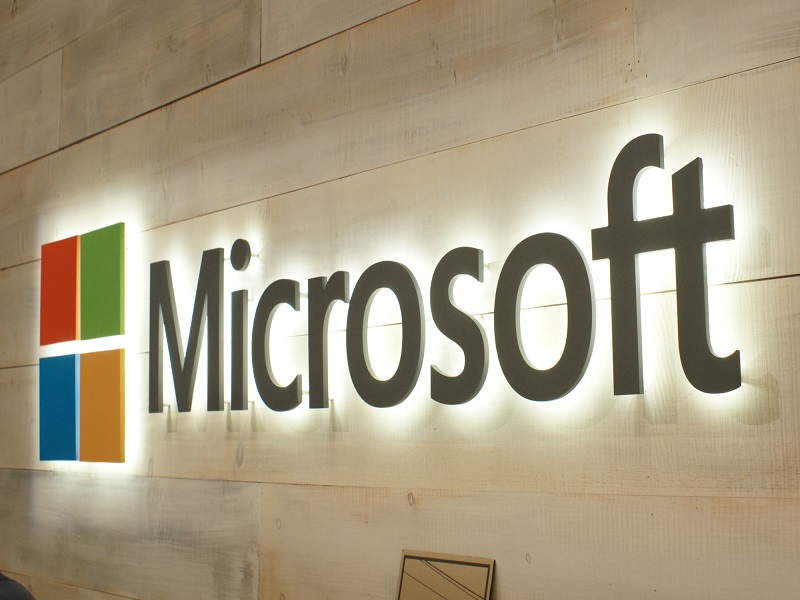Bringing more devices online which run the Windows operating system opens up interesting opportunities for bringing additional Bitcoin Nodes to the network. Especially when that principle is being facilitated by a major player such as Microsoft, who are apparently planning to roll out their own contract-free mobile data plan. The full extent of the Microsoft SIM plans are still shrouded in mystery right now, but it surely opens up interesting opportunities.
Also read: No Bitcoin Teller Machines Affected By Recently Arrested ATM Malware Crime Group
The Microsoft SIM Project
Microsoft is a company known for trying out many different things, not all of which play out in a successful manner. That being said, the company is very innovative, as was recently displayed by their efforts to offer blockchain-as-a-service on their Azure platform. But it looks like the company has major plans for another major project, in the form of offering a contract-free mobile data plan.
With the Internet of Things initiative in full effect, it becomes more important than ever to allow devices to connect to the Internet in some capacity. By focusing on the SIM market, Microsoft is leaving the door open for just about any device to do so. However, the company’s plans do mention how the SIM service will only work on select devices, excluding those used to make phone calls.
Getting online through one and the same SIM card in roughly fifty countries around the world would be a major step forward for consumers and businesses alike. No more SIM swapping needed, as users of the Microsoft card would have access to domestic and international data wherever they go.
None of this would be possible without a collaboration between Microsoft and Transatel, as the latter company acts as an international mobile virtual network operator. From what we can gather, the plan is to use this service to bring more Windows 10 devices online, which could indicate tablets would be able to use this functionality.
Even though the Microsoft SIM plans will be limited to certain types of devices – none of which are known at the time of publication – there is no reason to see that as a hindrance. It will all depend on whether or not Microsoft makes the software open source, as doing so would give developers a chance to port its functionality to other devices.
Potential Use Cases In the Bitcoin World
As far as the Bitcoin ecosystem is concerned, getting more Windows 10 devices connected to the Internet would be a positive trend. This would also allow for more full Bitcoin Nodes to be added to the network, and create near plug-and-play solutions for users with little to no technological background.
BTCC recently added hundred new Bitcoin nodes to the Bitcoin network, which is a great move. That being said, just over 5,000 nodes is not sufficient to keep the Bitcoin Network afloat once mass adoption occurs. It will all come down to his this SIM card will work, and how much data volume is included.
What are your thoughts on the Microsoft SIM cards project? Will it help bring more Bitcoin nodes to the network? Let us know in the comments below!
Source: Engadget
Images courtesy of Microsoft, Shutterstock
